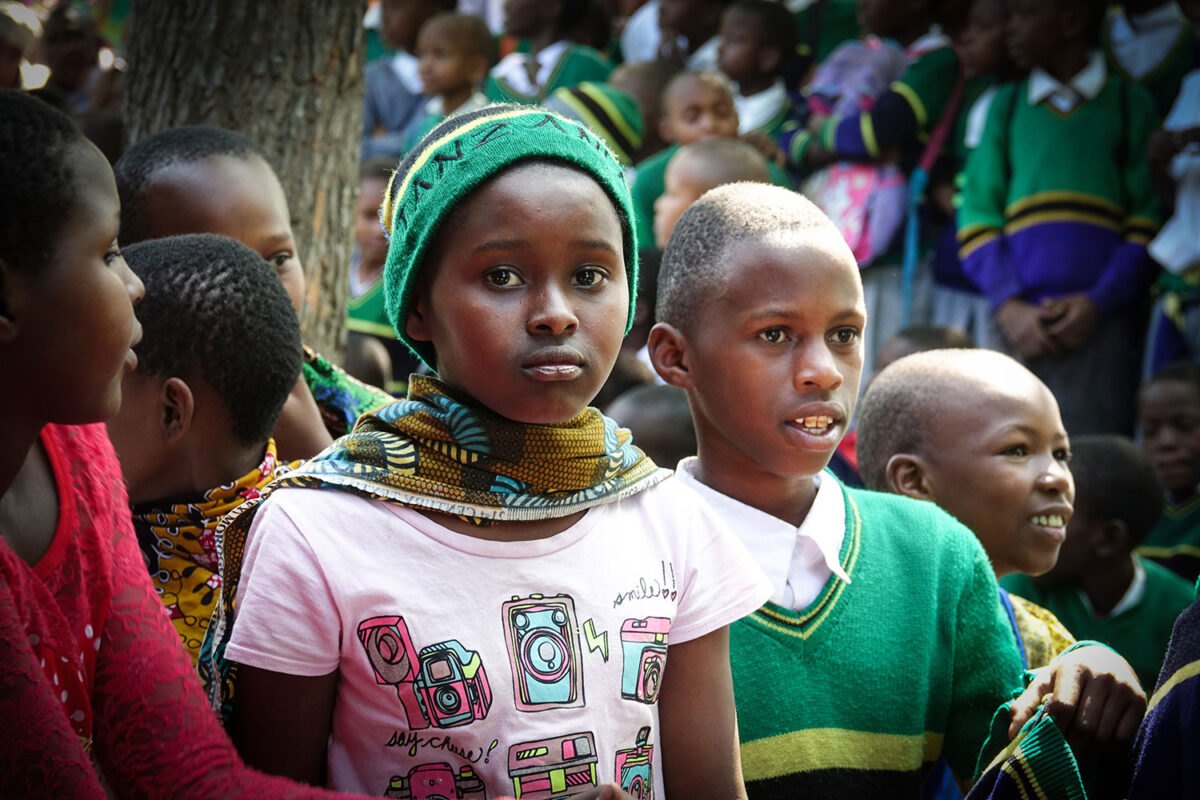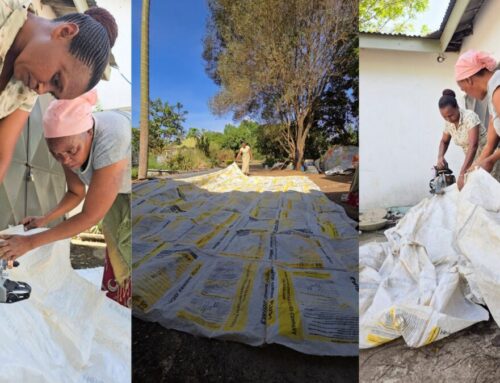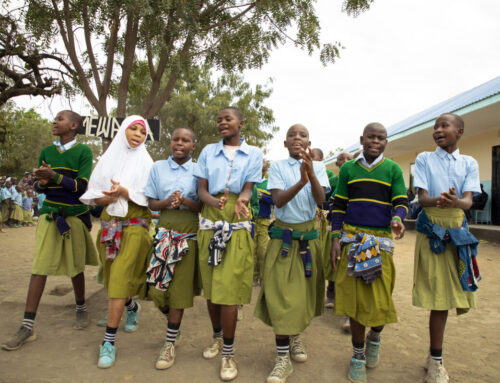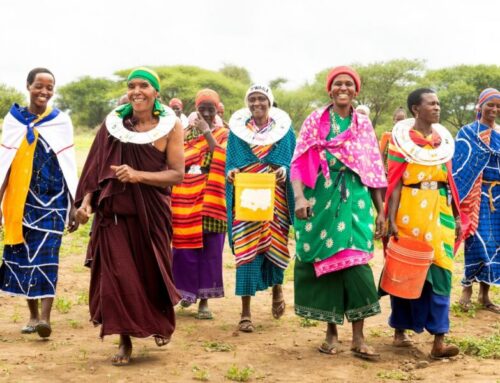One of our latest recipients is Tuvaila. Located in the Maji Ya Chai Ward, The Tuvaila Primary School is the largest in the area with 1280 students from kindergarten through the 7th grade. 80 of the students are special needs.
Maji Ya Chai in Swahili means “water like tea”. The children in this area walk through life thinking they are unknown to the world. But if you search for the highest level of natural fluoride in groundwater, you will find them. After 4 to 6 years of consuming this toxic water, children’s bones are leached of calcium and the ability to walk and grow is stunted. Their skulls swell from the tension of undrained fluids and their minds no longer have the ability to reach for a potential tomorrow. Fluoride affects not only the bones, teeth, eyes and kidneys, fluoride suppresses the pineal gland. Used in World War 2 concentration camps, the consumption of high levels of fluoride can act as a pacifier by diminishing the brain’s ability to choose between acceptance or fighting back. In Maji Ya Chai, we found generations of people accepting the fate this toxic water bequeaths upon them.
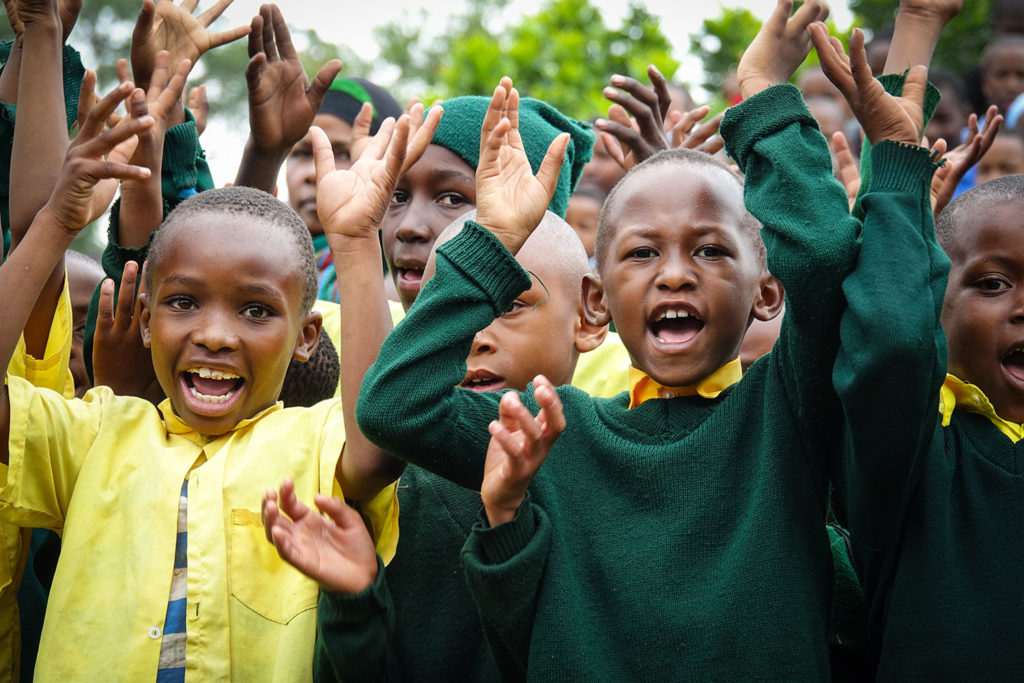 By the end of this year, that will be over. In areas where naturally high levels of fluoride exist in groundwater, the simplest solution is to harvest the rain. As 2018 comes to an end, thanks to Rotary International and our Let It Rain campaigners, every primary school in the Maji Ya Chai ward will have received the ability to choose differently.
By the end of this year, that will be over. In areas where naturally high levels of fluoride exist in groundwater, the simplest solution is to harvest the rain. As 2018 comes to an end, thanks to Rotary International and our Let It Rain campaigners, every primary school in the Maji Ya Chai ward will have received the ability to choose differently.
The Tuvaila school sits on an embankment far above the Maji Ya Chai river. To say it is dangerous to traverse the path from the school across the river is an understatement. Once you descend the 30 foot drop to the river’s edge, there are a handful of large boulders. With great balance and even greater determination, these boulders offer the bravest a path to cross. Half of the primary school students at Tuvaila make that journey twice a day.
When the rains are plentiful, like this last year, most people in the region celebrate. Rain is the giver of life. But when your village sits on both sides of a river, you are always at risk of flash floods. Tragedy struck Tuvaila this summer when a 7 year old boy named Johnson was attempting to cross the river at the time of the flood. He drowned.
When we arrived at the village, they were in mourning. Their loss was recent; their solidarity exquisitely and painfully on display. When we walked to the river to better understand how this could have happened, we found an 18 year old girl, crossing the river with a young student on her back. Not just one, but dozens waited on the other side of the river to take their turn in her arms. She tirelessly crossed each of them to the other side.
The community of Tuvaila received 150,000 liter rainwater harvesting system, 50 strategically placed residential rainwater harvesting systems, a reforestation and sustainable agriculture project, sanitation and hygiene education, a wheelchair distribution for those affected by fluoride and medical assistance for children in need. In the coming year, a walking bridge will be built in Johnson’s honor and in honor of that unknown girl who reflected the heart of her community when she acted as a bridge in the aftermath of their loss.
We are so very grateful to all of those who partner with us to make the world a smaller place, one where the bridges to clean Water are built for all.
